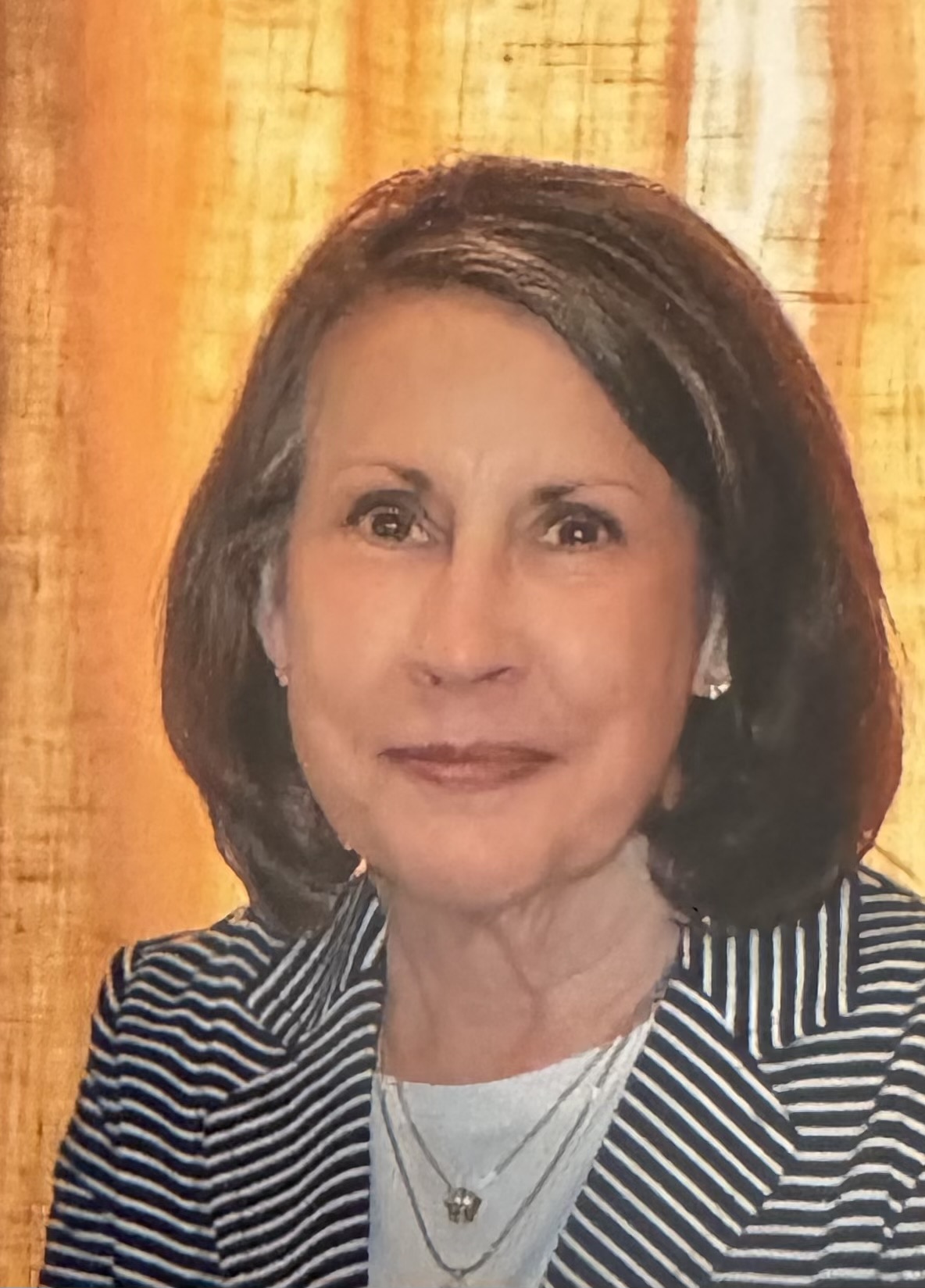
Cay Sikes
Funerals are hard. Especially if you loved the deceased. They can also be revealing in a way that replenishes the living.
My sister-in-law Cay Sikes died recently. Her death came quickly as cancer metastasized. It left those who loved her stunned; especially my brother Steve and her children and grandchildren. We came together, we cried and laughed as memories flooded our minds.
Most insightfully Cay left us a sublime gift. Cay, an Episcopalian, scripted her service. Thematically the Priest talked of her love of nature and how nature’s wonders led to an understanding of God and life. The biblical readings were thematically inspired as were the hymns.
Cay spoke from the other side. She was persuasive—love was the centerpiece. Her thoughts, her one-act play if you will, was absent of artifice. It was not abstract; it was personal, heart felt and thoroughly representative of a life beautifully-lived.
The church, filled with friends and family, became a theater. Unlike a play, we could follow along with a carefully framed program. We could take it with us. And we were actors as we sang along or repeated readings led by the Priest. Cay didn’t choose death, but as its contours became evident she went to work drawing on a lifetime of experiences and divine revelations.
We all try to script some part of our lives. As students we are asked to compose and recite. As prospects in the job market we prepare resumes, often boastfully. And on and on. We want to look good, sound good and want the accompanying photos to look good. And now with the wonders of social media many carefully curate their images and enthusiastically share them.
Many however, give little thought to why we do things. And if asked to script a send-off just ahead of death, many would fruitlessly search for a beginning and end. Indeed the word death has been newly translated; we now speak in terms of passing. Do we pass through our brief episode in eternity without any real thought to our part in life’s play?
So thank you Cay. I suspect those who came to the church to honor and reflect on your life were appreciative and considered what they might want to say about their life. And maybe, just maybe, wondered about the other side—the passage to it. We are better when we think beyond ourselves.
Al Sikes is the former Chair of the Federal Communications Commission under George H.W. Bush. Al writes on themes from his book, Culture Leads Leaders Follow published by Koehler Books.



Write a Letter to the Editor on this Article
We encourage readers to offer their point of view on this article by submitting the following form. Editing is sometimes necessary and is done at the discretion of the editorial staff.